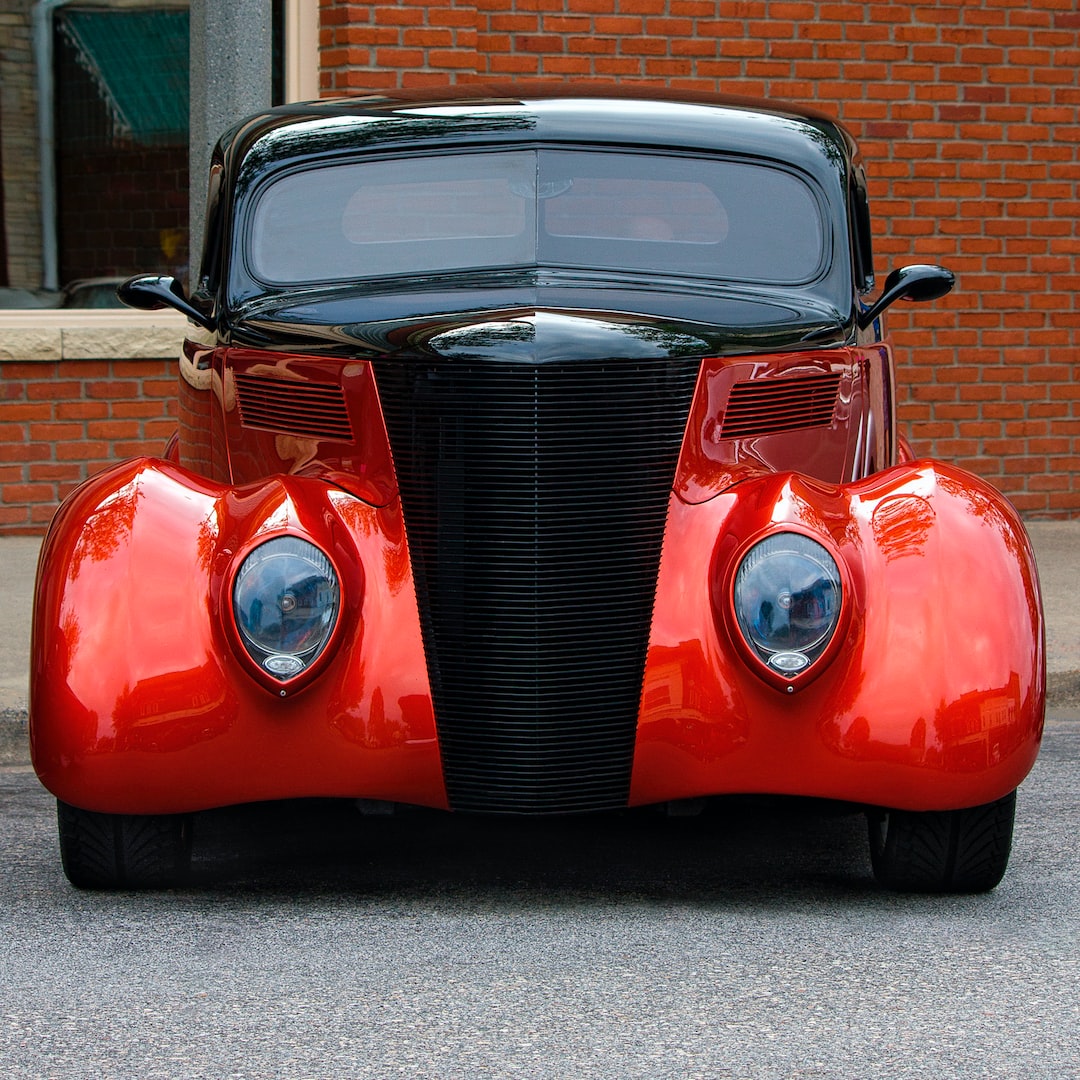Exploring the Different Types of Car Engines: Gasoline, Diesel, and Electric
Car engines have evolved over the years, offering a variety of options for drivers to choose from. When it comes to powering our vehicles, we generally have three main types of engines available: gasoline, diesel, and electric. Each type has its own set of advantages and disadvantages, and understanding these differences can help us make informed decisions when purchasing a car. In this blog post, we will explore the different types of car engines and their unique characteristics.
Gasoline engines have been the most widely used type of engine for many years. They are known for their smooth performance, quick acceleration, and relatively low cost. Gasoline engines work by igniting fuel using a spark plug, and the controlled explosion moves the pistons, resulting in the rotation of the crankshaft. These engines are typically more affordable to purchase and maintain compared to diesel or electric engines. However, they tend to have lower fuel efficiency and higher greenhouse gas emissions.
Diesel engines, on the other hand, offer better fuel efficiency and higher torque compared to gasoline engines. These engines compress the air inside the cylinders to a high pressure, causing the fuel to ignite spontaneously. Diesel engines are known for their durability and longevity, making them a popular choice for heavy-duty vehicles like trucks and buses. They also emit fewer greenhouse gases compared to gasoline engines. However, diesel engines are typically more expensive to purchase and maintain and they tend to produce more nitrogen oxides and particulate matter, which contribute to air pollution.
In recent years, electric engines have gained significant attention due to their environmental friendliness and fuel efficiency. These engines use electricity stored in batteries to power an electric motor, which subsequently drives the wheels. Electric engines produce zero tailpipe emissions, making them a great choice for reducing air pollution and carbon footprint. They also have the advantage of being much quieter than gasoline or diesel engines. However, electric vehicles are still relatively expensive compared to traditional combustion engine cars, and range anxiety (concerns about running out of battery) remains a challenge for long-distance travel.
One of the major advantages of electric engines is their regenerative braking capability, which allows the batteries to be charged during braking or deceleration. This feature significantly extends the driving range while saving energy. Additionally, electric cars require less maintenance and have a lower number of moving parts compared to gasoline or diesel engines, resulting in reduced maintenance costs over time.
Another emerging technology in the automotive industry is hybrid engines, which combine the benefits of both gasoline and electric engines. Hybrid cars have a traditional internal combustion engine along with an electric motor and battery packs. The electric motor assists the engine during acceleration or at lower speeds, reducing fuel consumption and emissions. Hybrid engines provide the convenience of long-distance travel like gasoline vehicles while offering improved fuel efficiency and environmental performance.
In conclusion, when it comes to choosing a car engine, it is important to consider the specific needs and priorities of the driver. Gasoline engines offer smooth performance and affordability, while diesel engines provide better fuel efficiency and torque. Electric engines, on the other hand, offer the benefits of zero emissions and reduced maintenance costs. Hybrid engines provide a middle ground, combining the advantages of both gasoline and electric engines. As technology continues to advance, car engines will likely become even more diverse and efficient, catering to the changing needs and concerns of drivers around the world.
